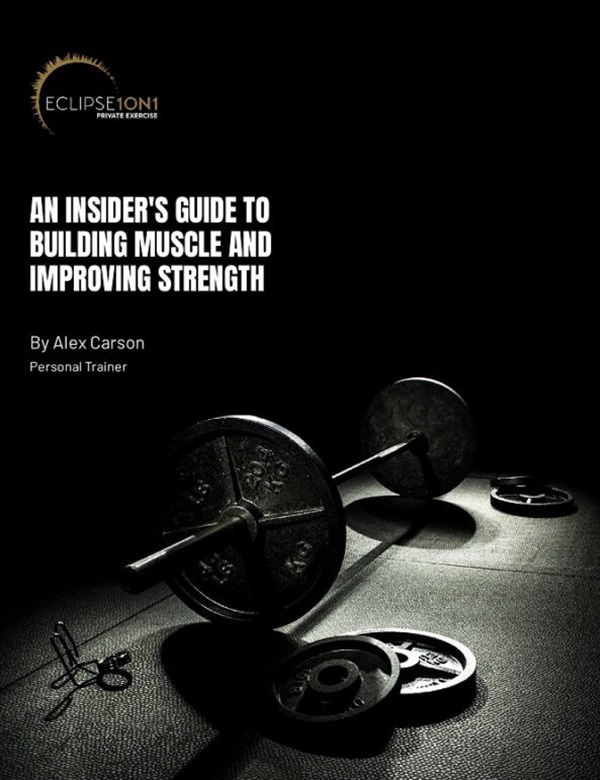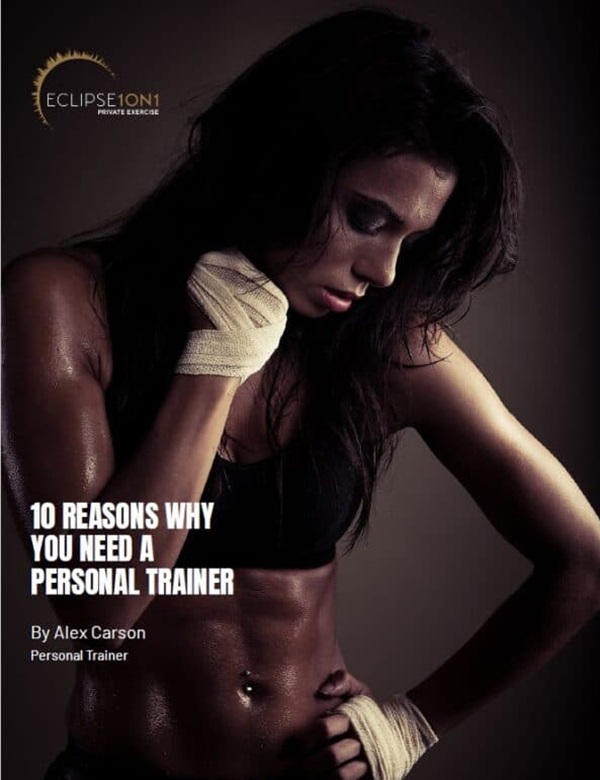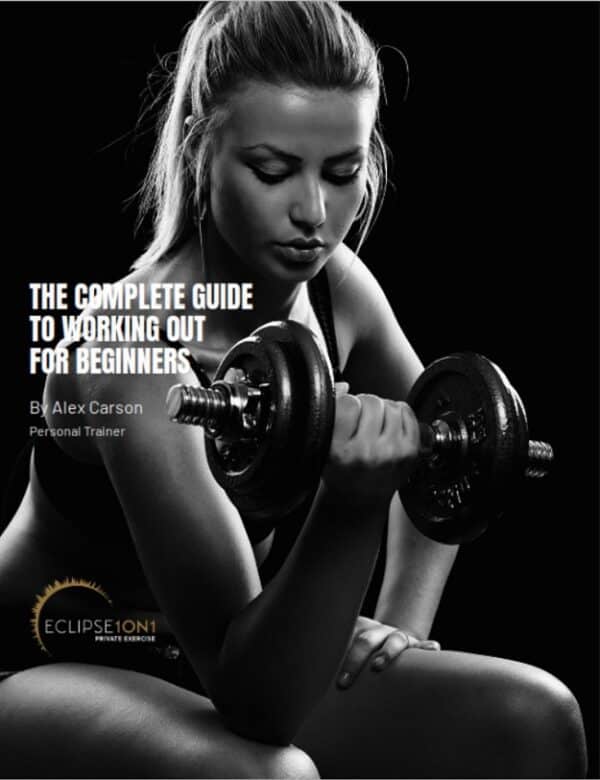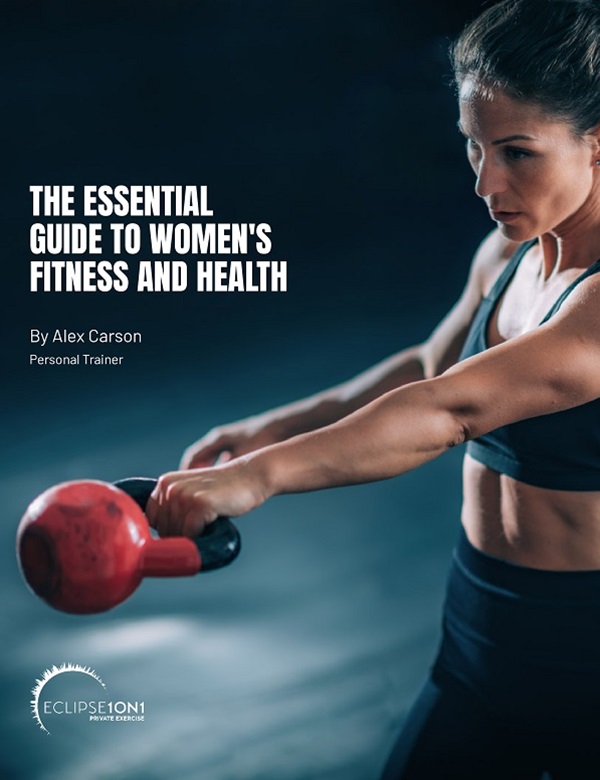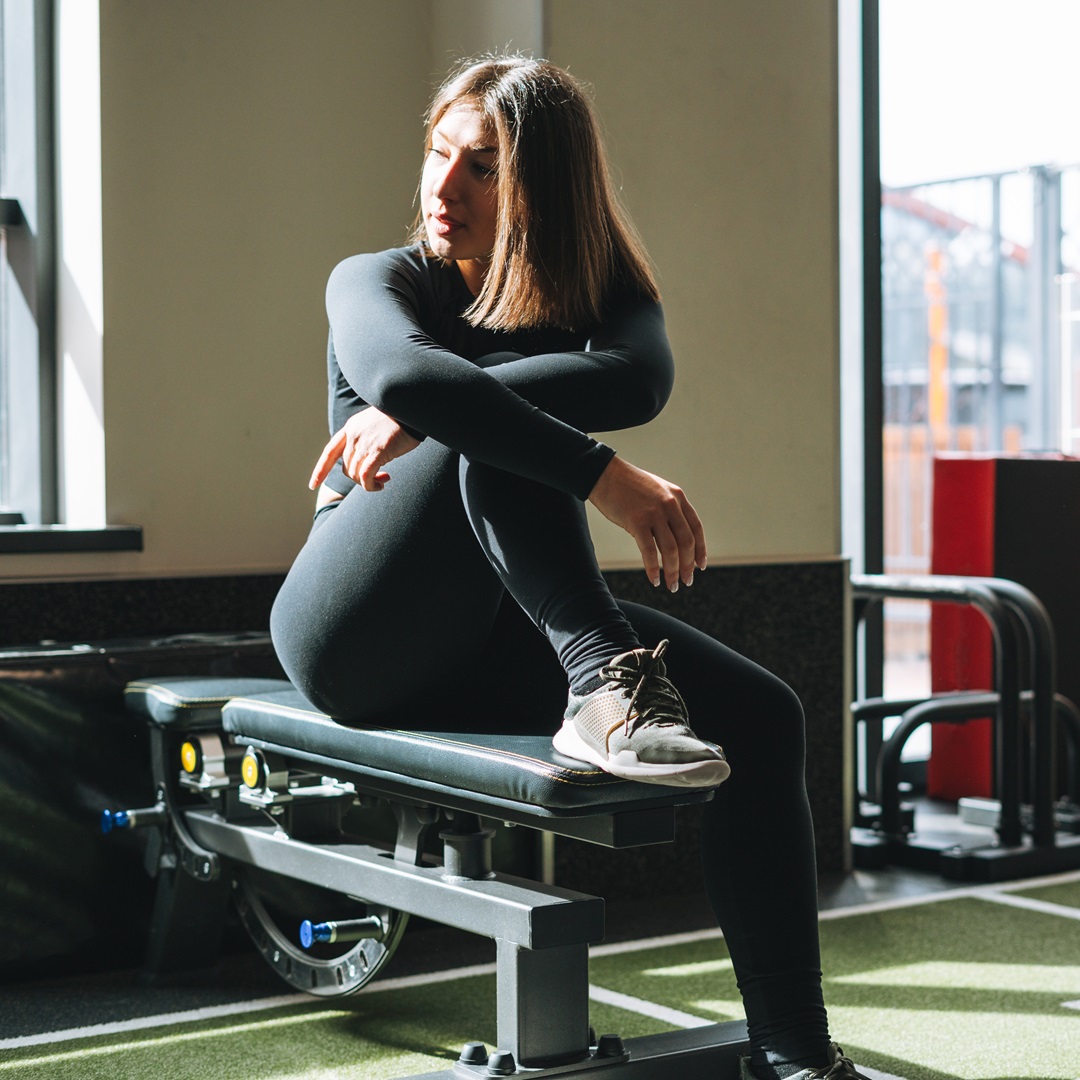Working Out in the Atlanta Heat
Working Out in the Atlanta Heat
Summer is a wonderful time to switch up your routine and take advantage of the fresh air and long days. Outdoor workouts can offer ways to exercise that indoor gyms can’t, but summer workouts in Atlanta also bring their own kind of challenge.
The south’s heat and humidity make routine exercising tougher by requiring your body to work harder to perform under sweltering conditions. Make sure you are up to the challenge by learning how to work out safely in the Atlanta heat.
How Heat Affects your Body
There’s a reason exercising in hot weather is harder. You might think that working out in hot weather is just uncomfortable, but science tells us that it is a physiological strain on your body’s systems making the exercise itself harder to execute as well.
When temperatures rise into the 90s, your body expends efforts to keep it cool. It sends more blood to circulate near your skin’s surface which robs your muscles of much-needed blood oxygen. This increases your heart rate. High humidity also raises your body temperature because sweat won’t evaporate as easily to cool your skin. When your body fails to stay cool enough, you might experience muscle cramps, nausea, vomiting, weakness, confusion, irritability, or other symptoms. If not treated, heat exhaustion or heat stroke follow.
Summer Workout Tips
- Be aware of heat alerts and avoid working out during the hottest part of the day. Even a five-degree increase can have big effects on your body during a workout. Pay special attention to the heat index, which takes into consideration the humidity in air as well.
- Take it slow. Getting acclimated to warmer temperatures can take a couple of weeks or longer if you’re new to exercise or beginning a weight loss plan. Keep initial workouts short and slowly increase their length as you become used to the extra tax on your body.
- Know what you’re capable of. Even if you’re used to pushing yourself hard indoors, it’s not the same when you’re under direct sunlight or if the humidity level is above 75%. Give your body a break and don’t expect it to perform at its best under these difficult circumstances.
- Don’t forget the water. When working out regularly in the heat, you should drink water routinely all day long. Extra water will go a long way toward your body’s efficiency and ability to keep cool under tough conditions. Drink a sports drink to replenish electrolytes during exercise and afterward to replace what was lost through sweat. Electrolytes help regulate fluid levels in your body and blood plasma. They also keep the blood pH in the normal range and transmit messages from the muscles, nerve cells, heart, and other cells. You can lose up to two liters for every hour you sweat. Sodium, chloride, and potassium should be listed on the label of your drink.
- Dress light. That means lightweight and light-colored clothing. Avoid dark colors or tight-fitting clothes, which can absorb and trap heat.
- Use sunscreen. You might not think an hour in the sun is much, but you can burn in as little as 15 minutes. Sunburn decreases your body’s ability to cool itself and increases the risk of skin cancer.
Regular workouts in the heat will help build tolerance, and your body will become more efficient at cooling itself down. After a couple weeks of exercising for one to two hours, your resting heart rate will start to lower, and it will take a little longer to break a sweat. Psychological conditioning also takes place and the 90-degree heat that you once thought unbearable won’t feel so volcanic.

